This page highlights funding opportunity announcements related to disaster research response from NIEHS, other National Institutes of Health (NIH) institutes and centers, and other federal agencies. This list will change as new funding opportunity announcements are released and others close. See the individual announcement for application due dates.
NIEHS Funding Opportunities
- RFA-ES-23-004: Time-Sensitive Research Opportunities in Environmental Health Sciences (R21 Clinical Trial Not Allowed) (nih.gov)
This funding opportunity announcement (FOA) is intended to support novel environmental health research in which an unpredictable event or policy change provides a limited window of opportunity to collect human biological samples or environmental exposure data. The primary motivation of the FOA is to understand the consequences of natural and human-made disasters, emerging environmental public health threats, and policy changes in the U.S. and abroad. A distinguishing feature of an appropriate study is the need for rapid review and funding, substantially shorter than the typical NIH grant review/award cycle, for the research question to be addressed and swiftly implemented.
First Available Due Date: January 27, 2023
Expiration Date: December 2, 2025
NIH Funding Opportunities
- RFA-MD-24-006 and RFA-MD-24-007: Innovations for Healthy Living - Improving Minority Health and Eliminating Health Disparities (R43/R44 - Clinical Trial Optional)
This Notice of Funding Opportunity (NOFO) invites eligible United States small business concerns (SBCs) to submit Small Business Innovation Research (SBIR) grant applications that propose to develop a product, process or service for commercialization with the aim of improving minority health and/or reducing and ultimately eliminating health disparities in one or more populations that experience health disparities. Appropriate technologies should be effective, affordable, and culturally acceptable. There are many specific areas of research interest including preventing and minimizing adverse exposures and health risks (post-traumatic stress) or promoting health, well-being, resilience, and recovery resulting from disasters or the threat of a disaster.
First Available Due Date: May 10, 2024
Expiration Date: December 10, 2026 - PAR-22-233: Time-Sensitive Opportunities for Health Research (R61/R33 Clinical Trial Not Allowed)
This Funding Opportunity Announcement (FOA) establishes an accelerated review/award process to support research to understand health outcomes related to an unexpected and/or time-sensitive event (e.g., emergent environmental threat; pandemic; change in local, state, or national policy; natural disaster). Applications in response to this FOA must demonstrate that the research proposed is time-sensitive and must be initiated with minimum delay due to a limited window of opportunity to collect baseline data, answer key research questions, and/or prospectively evaluate a new policy or program.
First Available Due Date: November 1, 2022
Expiration Date: March 2, 2025 - PA-24-201: Emergency Competitive Revision to Existing NIH Awards (Emergency Supplement - Clinical Trial Optional)
The National Institutes of Health (NIH) hereby notify the applicant community that funds may be available for applications based on a presidentially declared disaster under the Stafford Act, a public health emergency declared by the Secretary, HHS, or other local, regional or national disaster. Applications in response to Emergency Notices of Special Interest (NOSIs) will be routed directly to the NIH awarding component signed on to the Emergency NOSI.
First Available Due Date: April 19, 2024
Expiration Date: April 19, 2027 - Special Call for Health Outcomes and Climate-Related Disaster Research
The Natural Hazards Center — with support from NIH and the National Science Foundation — is issuing a special call for quick response research focused on health outcomes among groups disproportionately affected by climate-related disasters. This special call of the Quick Response Research Award program is designed to address gaps in knowledge by encouraging the ethical collection of perishable data and the rapid return of results through the publication of Quick Response Reports. Proposals for this special call will be accepted on a rolling basis until funds are exhausted.
Related Funding Opportunities
National Science Foundation (NSF)
- NSF Disaster Resilience Research Grants
- NSF Humans, Disasters, and Built Environment Program
- NSF Natural Hazards Center Quick Response Research Program



